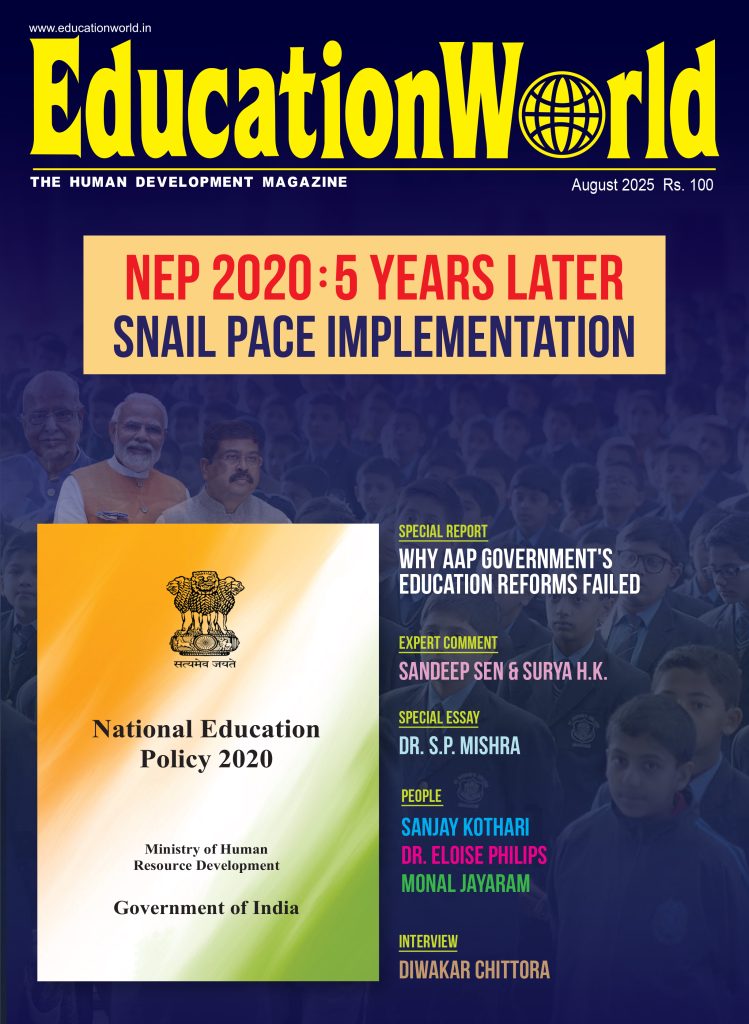Free land markets for development
The right to fair compensation and Transparency in Land Acquisition, Rehabilitation and Resettlement Act, 2013 (LARRS), drafted and legislated by the Congress-led UPA-II government at the end of its ten-year (2004-14) term in office in New Delhi, became law on January 1, 2014 after a broad consensus among all major political parties about its provisions. The salient feature of the Act, which replaced the Land Acquisition Act, 1894, was that it mandated four times the market value of land compulsorily acquired by government for public purposes as compensation in rural areas, and three times the market value in urban areas. Other provisions of the Act included consent of 70 percent of people in the neighbourhood of the land proposed to be acquired by government (and 80 percent for private entities), and a detailed social impact assessment prior to acquisition.
This elaborate and time-consuming process for acquiring agricultural and urban land for public purposes (roads, highways, factories, universities etc) inevitably attracted industry criticism on grounds that it would delay the acquisition of land needed for industrial development and expansion, and vastly inflate project costs. Therefore heeding the protests of India Inc, shortly after it was elected to power, the BJP/NDA government amended LARRS through an ordinance which tweaked s.10 (A) of the Act, to expand the list of projects exempted from social impact assessment and prior consent of neighbourhood households.
But this perfectly reasonable amendment to LARRS proved unacceptable to the opposition Congress party which disrupted the entire monsoon session of Parliament to prevent parliamentary approval of the ordinance ” renewed twice ” as required by law.
As a result, the Union government has dropped the amendments proposed by the ordinances and exhorted state governments to legislate changes to LARRS (land acquisition falls under the concurrent list of the Constitution). This is a dangerous development as state legislative assemblies tend to be the preserve of dominant rural landed castes which are susceptible to corruption and certain to sacrifice the interests of small farmers. Already in several states, legislative assemblies dominated by rural landed gentry have enacted laws restricting purchase of rural land to ˜agriculturists™, thereby depressing rural property prices across the board.
Against this backdrop, the sensible solution is to free up the national land market. When government, a corporate or individual needs to purchase agricultural or rural land, they should directly negotiate the price with the owner thereof as is the norm in all democracies. The plain truth is that the vast majority of small farmers want to sell their unviable farms and pursue other vocations.
Therefore, the obligation of the Central and state governments is to provide small farmers good land titles and quality education which would enable them to exit unremunerative farming, rather than discharge the role of brokers and middlemen.
Overdue education reforms warning
Recent news reports of 2.3 million candidates applying for 368 posts of peons (office helpers) ” 6,250 applicants per vacancy ” to serve Uttar Pradesh state government officials, need to be viewed beyond the country™s problem of disguised unemployment and under-employment. According to agency reports, applicants included youth with B.Tech, M.Sc, M.Com and other postgraduate degrees and 255 Ph Ds. This dismaying phenomenon of degree-wielding postgrads applying in droves for the lowest grade government job, which officially requires a class X school certificate, is a damning indictment of the Indian education system and its failure to produce employable youth.
According to a 2011 FICCI-Ernst & Young report, India hosts the world™s largest population of unemployable youth with over 80 percent of college/university graduates lacking identifiable marketable skills. A more recent 2014 study conducted by the Gurgaon-based Aspiring Minds reveals that a mere 19 percent of the country™s engineering graduates are readily employable, and that over half (53 percent) of arts, science and commerce graduates are unfit for employment. The study cites lack of English language, communication and cognitive skills as reasons for their unemployability. On the other hand, the foremost lament of manufacturing, technology and service companies is the shortage of functionally educated and skilled youth who can be quickly trained to become productive employees.
India™s unique problem of wholly ignorant college and university graduates has been exacerbated on the policy formulation front by the continuous neglect of vocational education and training (VET) by successive governments during the past six decades. Curiously the centrally-planned Indian economy boasts a mere 11,000 institutions offering VET as against 500,000 VET institutions promoted by the neighbouring People™s Republic of China. Consequently, the great majority of school-leavers are forced to enroll in the country™s academically inflexible and outdated colleges and universities which recklessly ” without adequate preparation and education of youth ” award worthless paper degrees and certification.
The antidote to the potentially explosive graduate unemployability crisis stalking the nation is to give impetus to VET and education reforms with the active participation of India Inc. Simultaneously, the languid pace of economic reforms (including labour laws updation) needs to be accelerated to encourage investment and jobs creation in private industry. India™s rank on the World Bank™s Ease of Doing Business Index (142nd of 180 countries ranked) needs to be pushed up.
The brightest and best minds from academia and industry need to chart a path for the reform of the education system. The rush of university graduates countrywide for the lowliest job in the government hierarchy is not only an indictment of a screwed up economy, but a warning as well.
















Add comment